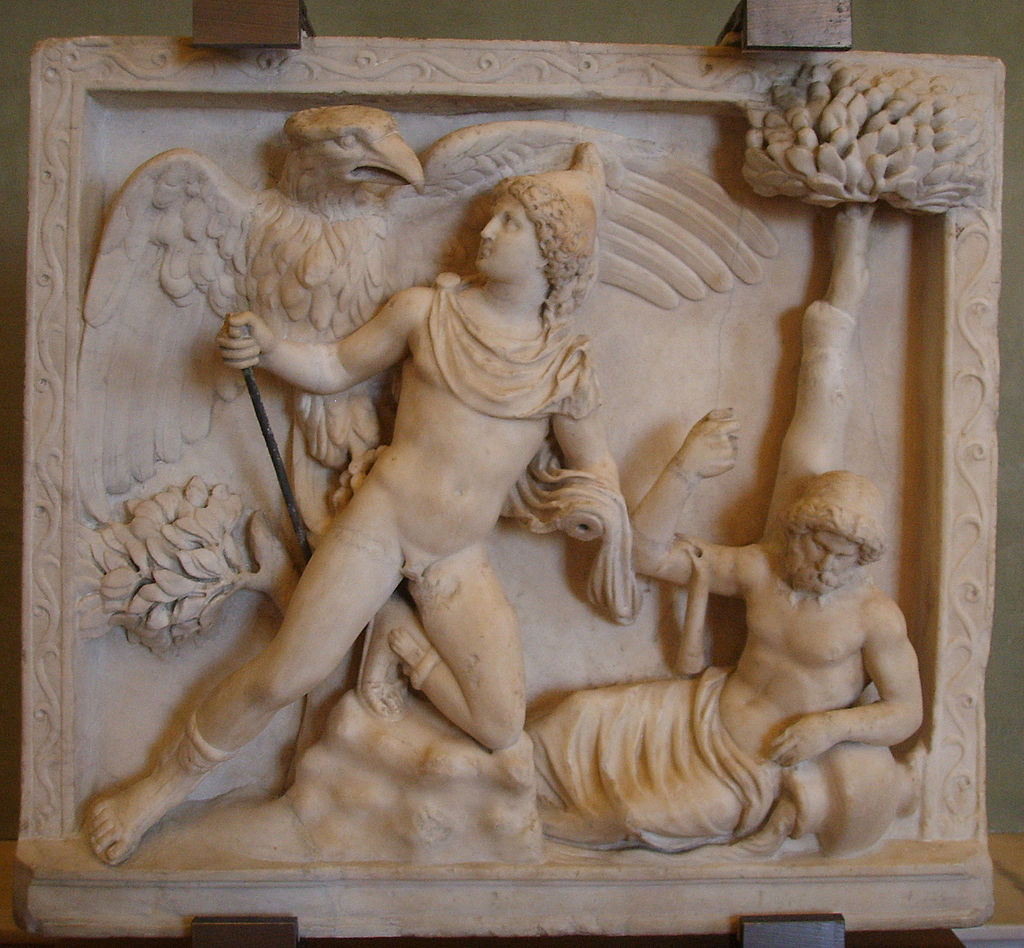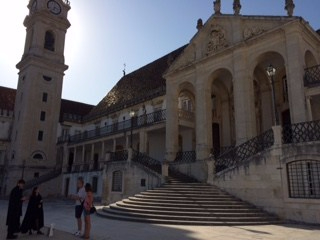Omicron is the name chosen for the new variant of the COVID-19 virus, otherwise known as B.1.1.529. So far, we have seen Alpha, Beta, Gamma, Delta and Omicron variants of the COVID-19 virus labelled as ‘variants of concern’. Let’s hope it stops there.
Why is the World Health Organisation using letters of the Greek alphabet to name COVID variants? It seems they were looking for a neutral labelling system. They sought to avoid categorising variants according to place of origin because of the stigmatising effects. They have settled on letters of the Greek alphabet as an easy and practical solution.
Not everyone is happy about this solution (it would seem) and not everyone finds the names easy to pronounce. As a language teacher, I would much rather if people learnt the Greek alphabet in full because a) they want to acquire another language and b) they are interested in ancient or modern Greek! It is regrettable that for some, these names will forever be associated with a life-threatening virus. At the same time, there is a very long association between ancient Greek language and medical terminology we still use today, such as ‘pneumonia’, ‘cardiac’ and ‘pleurisy’.
Ancient Greek is an Indo-European language, alongside English, Russian and most European languages. Greek has the longest recorded history of any Indo-European language: it stretches from the fourteenth century BC to the present day.
The Greek alphabet was adopted from the Phoenicians in the late 9th or early 8th century BCE. Early Greek alphabets differed and it was not until the 4th century BC that the 24-letter East-Ionic alphabet became standard throughout most of the Greek world. The word ‘alphabet’ is derived from the first two letter-names of the Greek alphabet, that is, alpha and beta.
The ancient Greeks wrote only in capital letters, with no gaps between words and no punctuation. This is clearly evident from Greek inscriptions on ancient temples, monuments and vase paintings. Lower case forms of letters and punctuation were introduced in Byzantine and modern times. Thank goodness for that because READINGWORDSWITHOUTGAPSANDPUNCTUATIONISDIFFICULTANDREQUIRESAGREATDEALOFCONCENTRATION.
Omicron is the name applied to the 15th letter of the ancient Greek alphabet. In written form, it looks exactly like the English letter ‘o’. There are two o-vowel sounds in Greek – omicron is the short ‘o’ vowel sound, and omega (the last letter of the Greek alphabet) is the long ‘o’ vowel sound.
The fascinating thing is that the letter omicron wasn’t called omicron by the ancient Greeks, it was actually known as ‘oo’ (οὖ), pronounced like the ‘oo’ in the English word ‘pool’ or the ‘ou’ in the French ‘rouge’.
It was the Byzantines who labelled this letter of the alphabet ‘omicron’ from two separate words: the letter ‘o’ and μικρόν which means ‘little’ (the origin of our word ‘micro’) so omicron actually means ‘little o’ to distinguish it from the ‘big o’ that is o-mega. Let’s just hope that we don’t get an omega variant!
The pronunciation of ancient Greek is a vexed topic. Ancient Greek had a pitch accent, not a stress accent, so the accent of a word or phrase involving raising (or lowering, or raising and lowering) the pitch of the voice where the accent fell. For example, the word ‘acropolis’, has a rising pitch accent on the first omicron and would have featured a rising pitch on the first omicron: ἀκρόπολις.
While it is possible to deduce how individual words might have sounded with a pitch accent, it is very difficult to recreate the pitch accent system in longer sentences (let alone in epic verse!). It must have been a very ‘musical’ sounding language, with distinct changes in pitch throughout.
That being said, there are small communities of Greeks living in north-eastern Turkey who speak a dialect that is said to be remarkably similar to ancient Greek. A linguist at Cambridge University, Dr Ioanna Sitaridou, is studying this surviving form of ancient Greek: see The Romeyka project (link below).
Omicron is also the 15th letter of the modern Greek alphabet and there is no reason to pronounce ‘omicron’ in a way that is different to the way modern Greek speakers pronounce it. There are many similarities between ancient and modern Greek (many more than between Latin and modern Italian). There is a great deal of shared vocabulary between the two even if the grammatical structures might be different. Words like μέλι (honey) and θεός (god) have remained unchanged between the earliest Greek of the 14th century BC and the modern Greek spoken today.
For more info on pronouncing ‘omicron’ see my ABC Radio interview below:
References:
https://www.who.int/en/activities/tracking-SARS-CoV-2-variants/
D. Mastronarde (1993) Introduction to Attic Greek, University of California Press, Berkeley.












